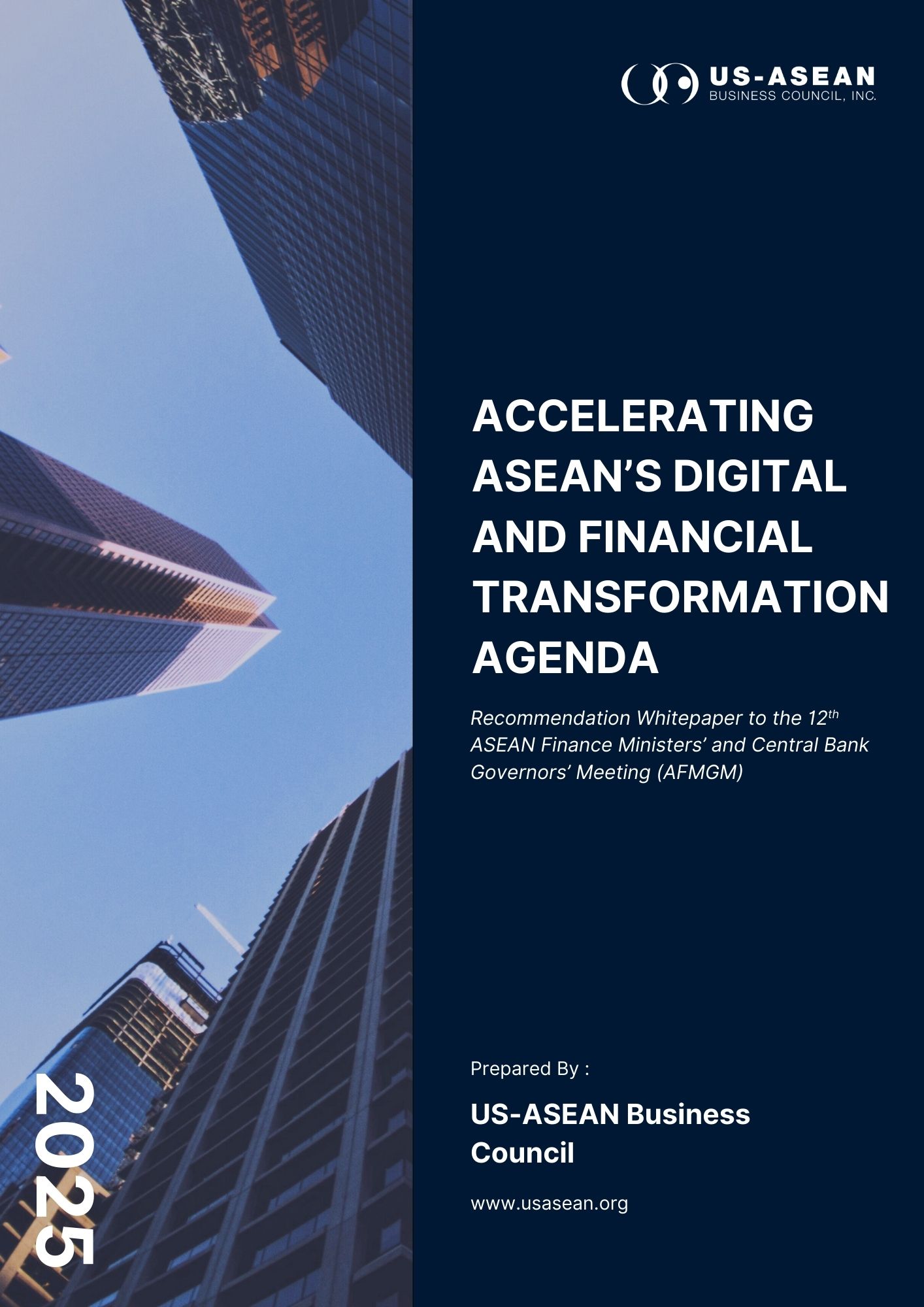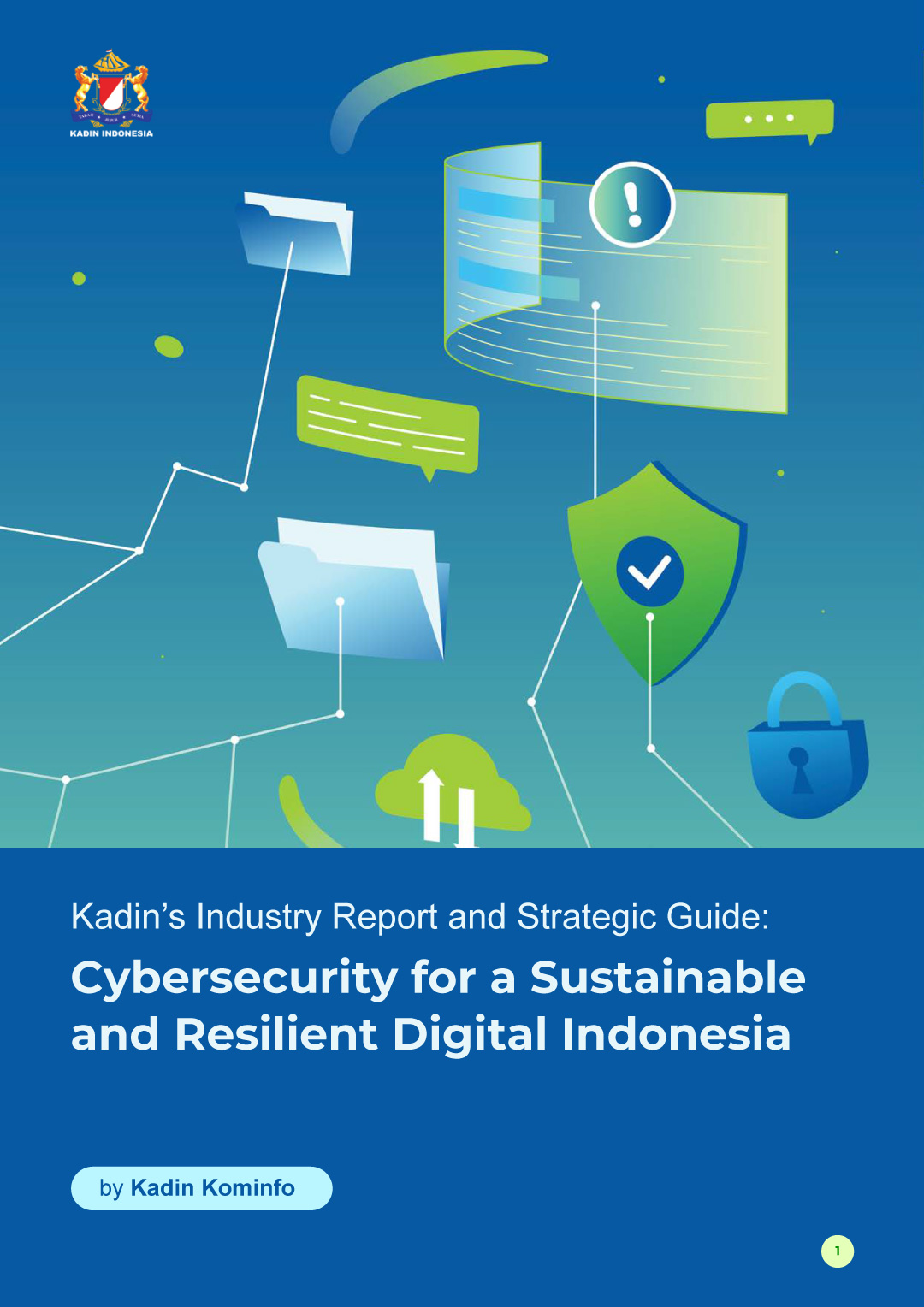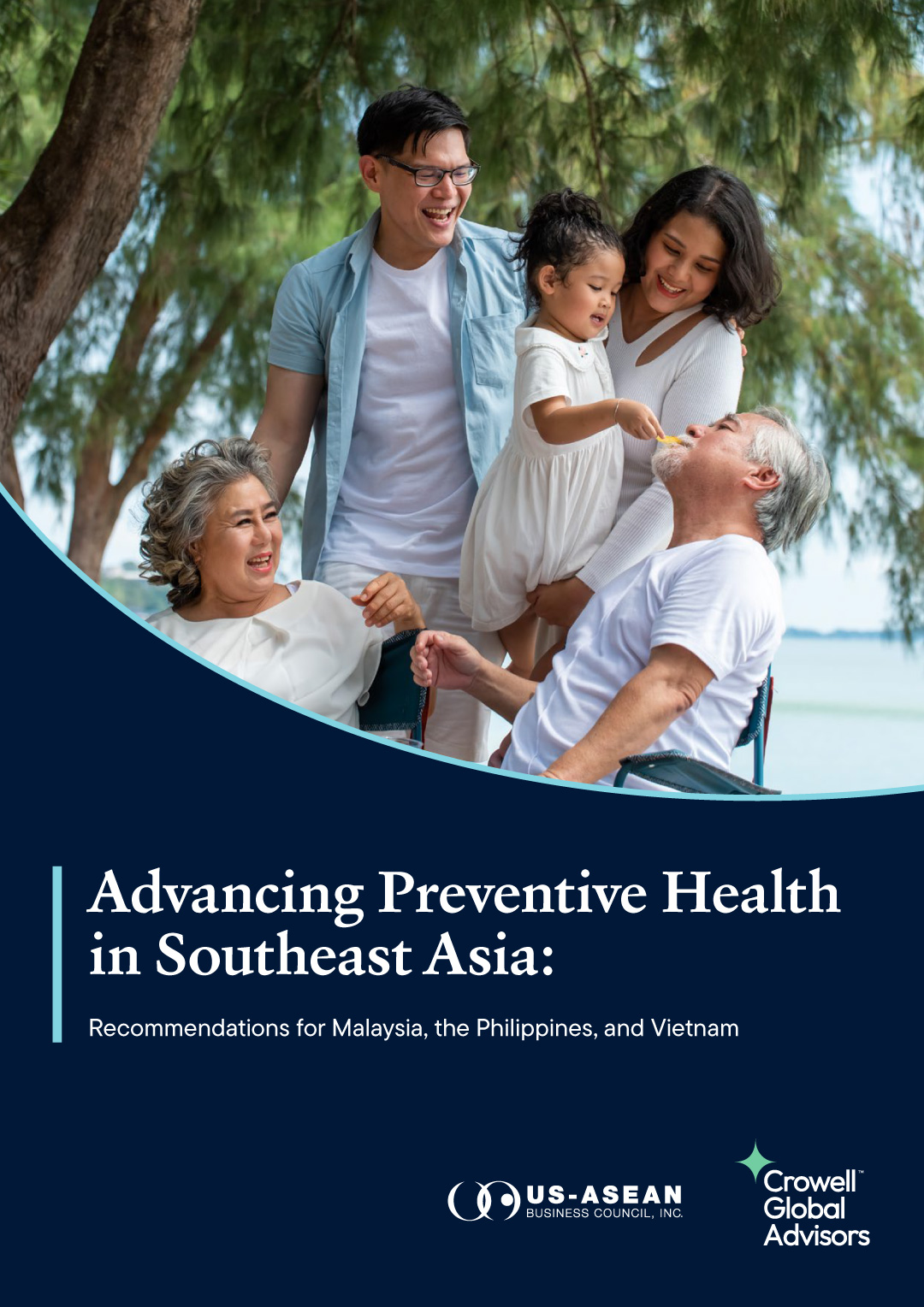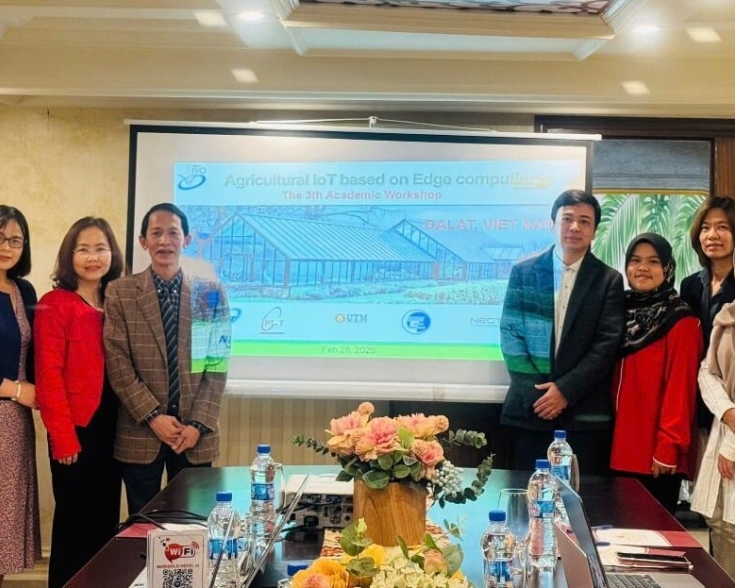Singapore Updates Foreign Workforce Policy to Support Industry Transformation
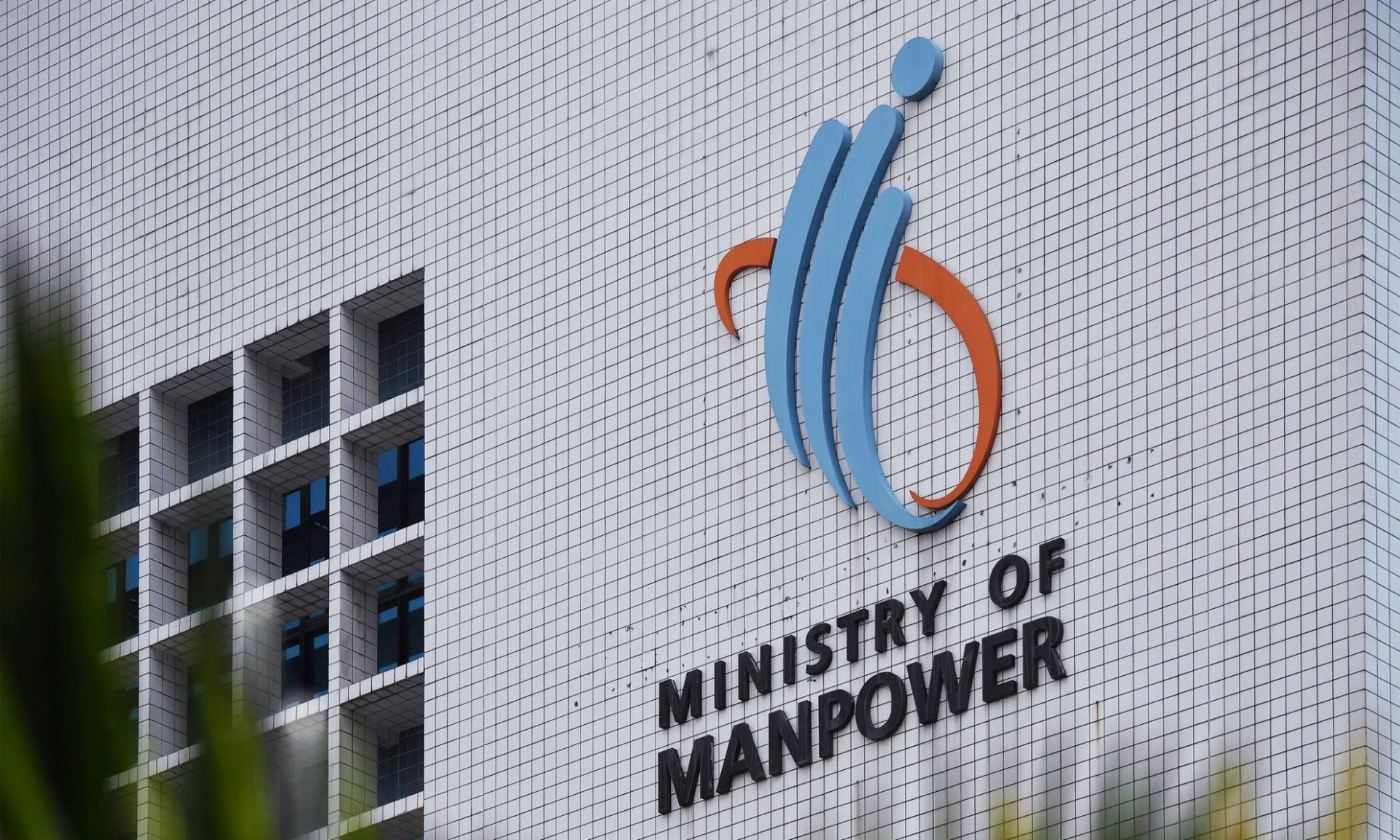
On March 6, the Ministry of Manpower (MOM) announced transformative changes to its foreign workforce policy, signaling a shift to enhance workforce flexibility and support long-term economic growth. Rolling out between May and September 2025, the reforms include an increase in S Pass qualifying salary and levy and changes to the work permit framework. While there will be no changes to the qualifying salary of employment pass (EP) holders, S Pass qualifying salary and levy have been raised progressively from 2022 to 2025, with the third step increase in 2025. Except in financial services sector, the effective minimum qualifying salary for EP will remain at S$5,600 and effective September 1, the new S Pass minimum qualifying salary will be S$3,300. In terms of changes to the work permit, the list of Non-Traditional Sources (NTS) for hiring will expand to include Bhutan, Cambodia, and Laos, while the NTS Occupation List will add roles such as cooks, heavy vehicle drivers, and manufacturing operators. Additionally, the maximum employment age for work permit holders will increase from 60 to 63, aligning with the national retirement age. Furthermore, employment periods will no longer be capped. To support firms in strategic economic sectors, the Manpower for Strategic Economic Priorities (M-SEP) scheme will be extended to three years, adding incentives for firms that invest in local workforce development.
For foreign companies operating in Singapore, this evolving landscape presents both opportunities and compliance challenges—demanding proactive workforce planning, competitive compensation strategies, and a closer alignment with Singapore’s economic and social objectives. Industry stakeholders generally welcomed the developments, citing that the new provisions enhance operational stability and workforce continuity. However, they also believe that businesses must balance these benefits with challenges such as higher healthcare costs, foreign worker quotas, and levy requirements. The policy changes aim to strike a balance between attracting skilled foreign talent and protecting local workforce interests by ensuring that foreign workers complement rather than replace local employees.
According to data released from MOM in September 2024, foreign-owned companies account for around 20% of firms in Singapore and employ 60% of Singapore residents in high earning jobs (monthly income of above S$12,500). Overall, these foreign-owned firms employ nearly a third of the total employed Singapore residents.





